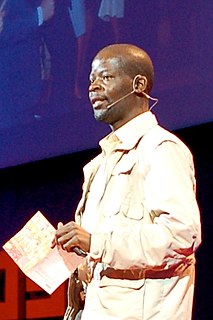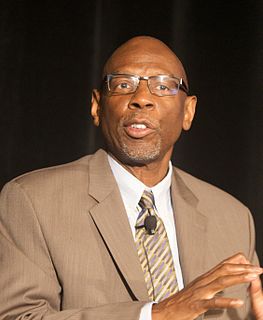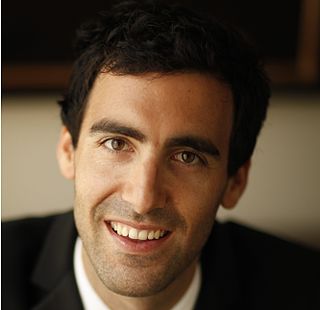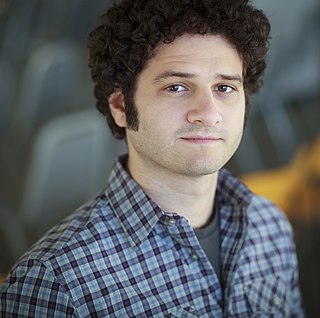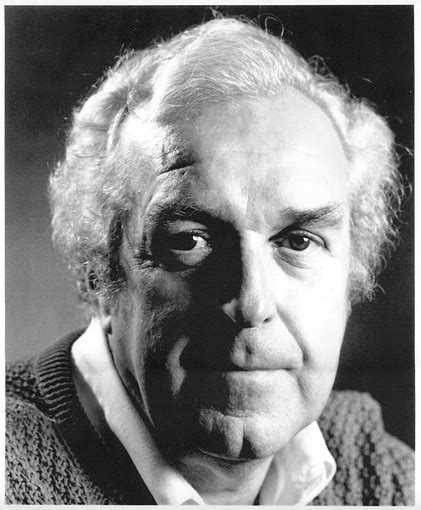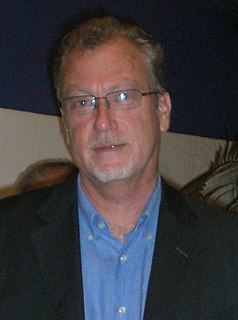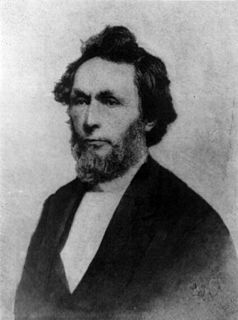A Quote by Marva Collins
There is a lot of money to be made from miseducation, from the easy to read easy to learn textbooks, workbooks, teacher manuals, educational games and visual aids. The textbook business is more than a billion-dollar-a-year industry and some of its biggest profits come from 'audio-visual aids' - flash cards, tape cassettes, and filmstrips. No wonder the education industry encourages schools to focus on surface education.
Related Quotes
The best way to deal with AIDS is through education. So we need a really widespread AIDS education program. In fact, what we need in Burma is education of all kinds - political, economic, and medical. AIDS education would be just part of a whole program for education, which is so badly needed in our country.
Children who have lost parents to HIV/AIDS are not only just as deserving of an education as any other children, but they may need that education even more. Being part of a school environment will prepare them for the future, while helping to remove the stigma and discrimination unfortunately associated with AIDS.
I don't necessarily think there's a difference in terms of how the film industry and the ad industry view visual effects. If visual effects (or the lack thereof) are used as a tool to strengthen an idea, they're great. If they are meant to carry more of a load in the absence of a concept, they're a waste and a distraction.
Twenty-eight years ago, I created my first game on an Apple II in my bedroom closet at a time when the interactive entertainment industry was taking its first baby steps. Today the games business has grown to a multi-billion dollar industry and we are just at the tip of the iceberg. I'm thrilled to have been a part of this successful journey and I'm extremely honored by the Academy's Hall of Fame induction.
Higher education isn't just a personal investment. It's a public good that pays off in a more competitive workforce and better-informed and engaged citizens. Every year, we spend nearly $100 billion on corporate welfare, and more than $500 billion on defense spending. Surely ensuring the next generation can compete in the global economy is at least as important as subsidies for big business and military adventures around the globe. In fact, I think we can and must go further - not just making public higher education tuition-free, but reinventing education in America as we know it.
The fashion industry is often charged with having kept its blinders on as one Seventh Avenue company after another lost employees to AIDS. Consumers, it was feared, would shun the racks of designers whose names were associated with the disease. And to stand up against AIDS would, in many minds, confirm the business's stereotypical image.


